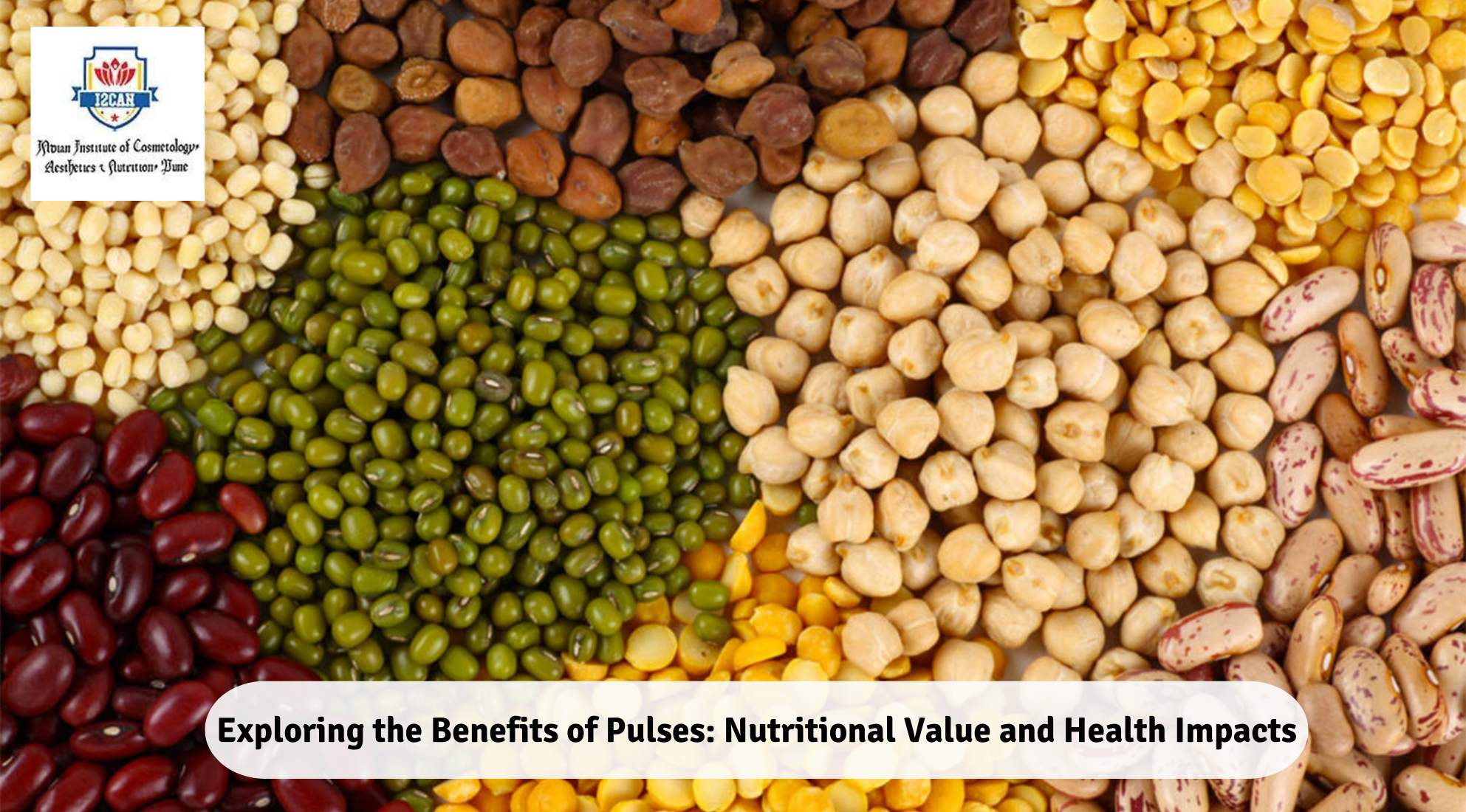Pulses, often referred to as the nutritional powerhouses, are a group of edible seeds that belong to the legume family. They include beans, lentils, chickpeas, and peas, among others. These humble yet versatile ingredients have been a staple in diets around the world for centuries, providing essential nutrients and contributing to overall health and well-being. In this blog, we will delve into the nutritional value of pulses and explore their various health impacts, highlighting why they deserve a prominent place in everyone’s diet.
Nutritional Value of Pulses:
Pulses are packed with a range of nutrients that are vital for maintaining good health. Here’s a breakdown of some key nutrients found in pulses:
- Protein: Pulses are an excellent source of plant-based protein, making them an essential component of vegetarian and vegan diets. They typically contain about 20-25% protein by weight, which is comparable to protein levels found in meat and dairy products. This makes pulses an ideal option for individuals looking to increase their protein intake without relying on animal products.
- Fiber: Pulses are rich in dietary fiber, including both soluble and insoluble fiber. Fiber is crucial for digestive health as it promotes regular bowel movements, prevents constipation, and helps maintain a healthy gut microbiome. Consuming an adequate amount of fiber also aids in weight management by promoting satiety and reducing overall calorie intake.
- Complex carbohydrates: Pulses are an excellent source of complex carbohydrates, which are digested slowly, providing a steady release of energy over time. This makes pulses a valuable food choice for individuals looking to maintain stable blood sugar levels and sustain energy throughout the day.
- Vitamins and minerals: Pulses are loaded with essential vitamins and minerals, including iron, zinc, magnesium, potassium, folate, and B vitamins. These nutrients play various roles in the body, such as supporting immune function, promoting bone health, and facilitating energy metabolism.
Health Impacts of Consuming Pulses:
In addition to their impressive nutritional profile, pulses offer numerous health benefits when incorporated into a balanced diet. Let’s explore some of the significant health impacts of consuming pulses:
- Heart health: Pulses have been linked to a reduced
risk of cardiovascular disease. Their high fiber content helps lower cholesterol levels and improves lipid profiles, reducing the risk of hypertension and heart disease. Additionally, pulses contain compounds such as flavonoids and polyphenols, which have antioxidant properties and contribute to cardiovascular health by reducing inflammation and oxidative stress.
- Weight management: Including pulses in your diet can support weight management efforts due to their high fiber and protein content. Fiber-rich foods like pulses help you feel fuller for longer periods, reducing overall calorie intake and promoting weight loss. Moreover, the protein in pulses helps build and maintain lean muscle mass, which is essential for a healthy metabolism.
- Blood sugar control: Pulses have a low glycemic index, meaning they cause a gradual rise in blood sugar levels compared to high-glycemic foods. This makes them an excellent choice for individuals with diabetes or those looking to manage blood sugar levels. The combination of fiber, protein, and complex carbohydrates in pulses helps regulate glucose metabolism and insulin sensitivity.
- Digestive health: The fiber content in pulses promotes digestive health by preventing constipation, promoting regular bowel movements, and feeding beneficial gut bacteria. Consuming an adequate amount of fiber from sources like pulses is essential for maintaining a healthy digestive system and reducing the risk of gastrointestinal disorders.
- Reduced cancer risk: Some studies suggest that regularly consuming pulses may help reduce the risk of certain types of cancer, including colorectal cancer. The high fiber content in pulses plays a role in cancer prevention by promoting bowel regularity and reducing exposure to potential carcinogens in the colon.
- Improved satiety and appetite control: Pulses have been shown to enhance feelings of fullness and satiety, which can help control appetite and prevent overeating. Including pulses in meals can lead to reduced calorie intake and better weight management outcomes, making them a valuable addition to weight loss and maintenance diets.
Conclusion:
Pulses are not only nutritious but also offer a wide range of health benefits. From supporting heart health and weight management to promoting digestive health and blood sugar control, pulses are a versatile and affordable food option that can be incorporated into various dishes and cuisines. Whether you’re vegetarian, vegan, or simply looking to improve your diet, adding more pulses to your meals is a simple yet effective way to boost your overall health and well-being. So, next time you’re planning your meals, remember to include some beans, lentils, or chickpeas for a nutritious and satisfying dining experience.

